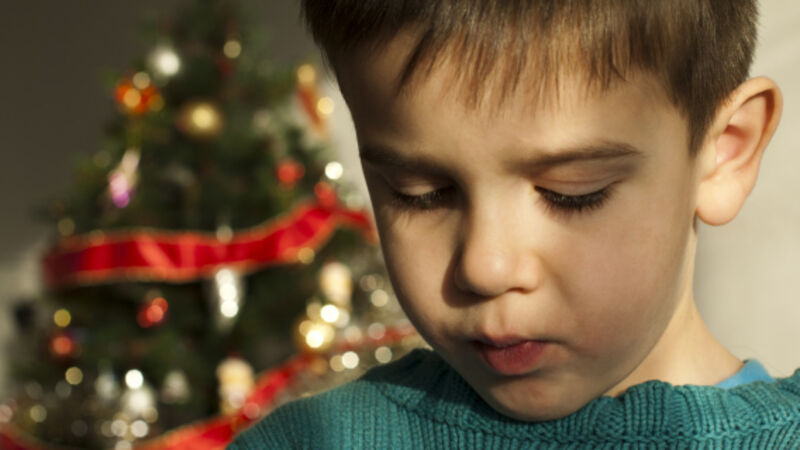Remember Ben at Christmas, but don’t forget him the rest of the year

The wearing of a white ribbon is one of their annual campaigns and it is accompanied by a pledge: “I promise never to commit, excuse, or remain silent about men’s violence against women”. The purpose is to make men part of the solution, and to encourage all of us to be more open.
That matters, because most violence against women happens in secret, behind closed doors. Which is to say it happens at home.















